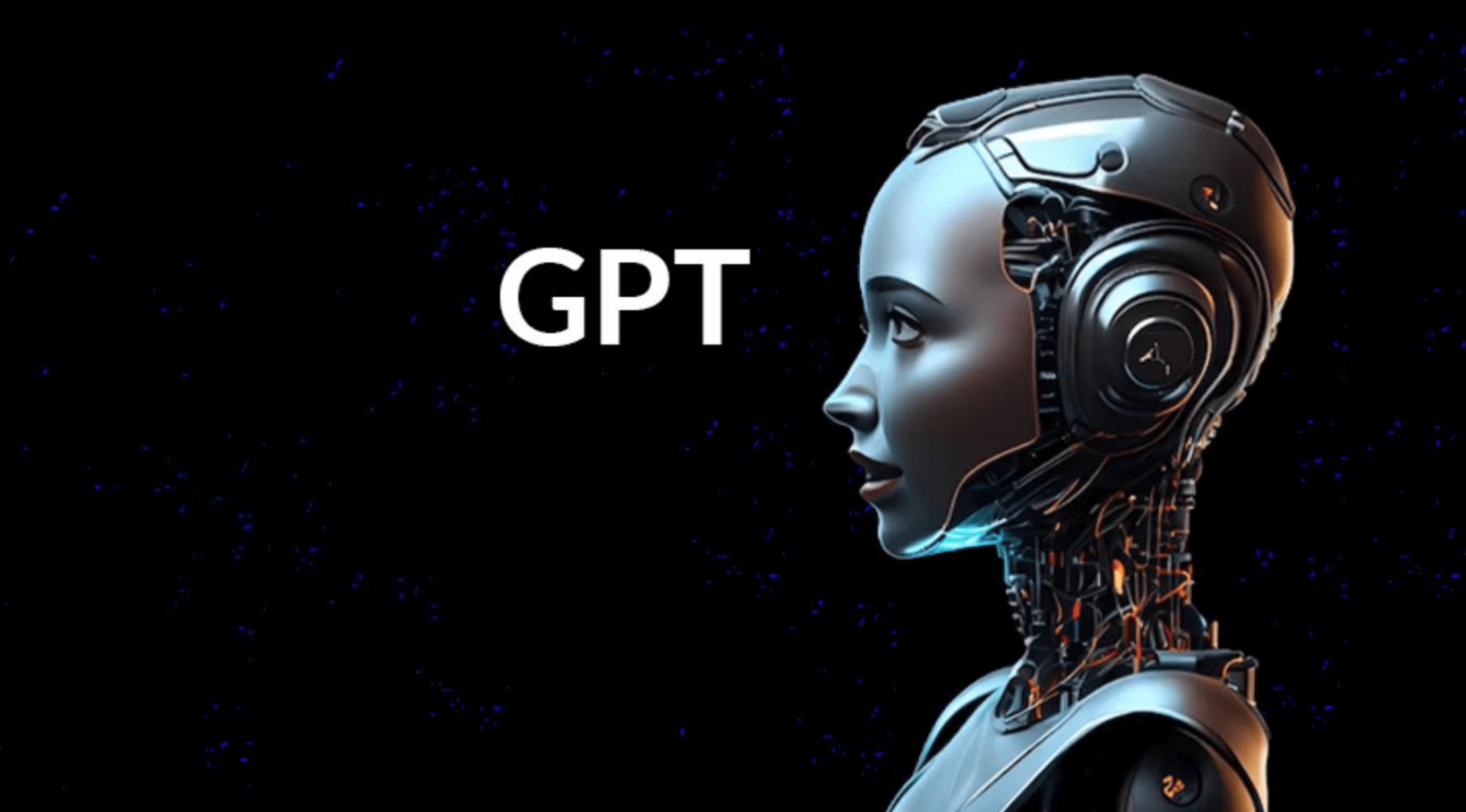Comments
- No comments found

A new system for step-by-step logical reasoning enables the model to formalize its assumptions.
Large Language Models (LLMs) can sometimes struggle with unsound or unintentional assumptions, leading to issues with logical reasoning. The introduction of a new tool called LogicGuide addresses this by formalizing the model’s assumptions and ensuring the soundness of the reasoning steps. This tool acts as a feedback mechanism, improving the generation process of LLMs through valid statement constraints. It has demonstrated significant performance improvements in various experiments, with accuracy gains of up to 35%. Importantly, LogicGuide also effectively manages interference from prior and current assumptions, enhancing reasoning quality and reducing bias. Its potential goes beyond enhancing existing models, with indications that it could enable models to learn from their own reasoning, leading to self-improvement.
In the intricate realm of Large Language Models, often their excellence is tested on complex tasks that require high accuracy. While they tend to demonstrate impressive outcomes, the methodology behind their reasoning can sometimes be unsound, inconsistent, or rely on unintended prior assumptions. This raises substantial concerns, particularly in tasks requiring stringent logical coherence. However, the advent of a novel class of tools known as ‘guides’ holds the promise of effectively countering these challenges.
Guides introduce a new dynamic to LMs, providing an interaction system that enhances generation through state and incremental constraints. They operate like a feedback loop; the guide shapes the generation process of the LM by offering a set of valid statement constraints. This, in turn, is influenced by the model’s choices, creating a symbiotic relationship that perpetually fine-tunes the model’s output.
This paper discusses LogicGuide, a system designed specifically for logical reasoning. It operates by enabling the language model to formalize its assumptions, which LogicGuide uses to ensure the soundness of the model’s reasoning steps. It works as an auxiliary check, solidifying the logical coherence and ensuring that the reasoning aligns with the presented facts and assumptions.
In a series of experiments involving the PrOntoQA and ProofWriter reasoning datasets, LogicGuide has shown exceptional results. It significantly improved the performance of GPT-3, GPT-3.5 Turbo, and LLaMA, with accuracy gains as high as 35%. This reflects the powerful capabilities of this methodology in enhancing the reliability and precision of LLMs.
Moreover, LogicGuide has proven effective in addressing content effects — the interference of prior and current assumptions. Both humans and language models have historically been prone to these interferences, affecting the quality and accuracy of reasoning. However, LogicGuide’s ability to keep these assumptions separate and valid enhances the quality of results and reduces cognitive bias.
The potential of LogicGuide goes beyond improving existing models. In our exploration of LLaMA 13B, we discovered that LogicGuide was crucial for its self-improvement. The model, trained solely on certified self-generated reasoning, successfully managed to learn and avoid its own hallucinations. This hints at the potential for a new paradigm in language model training where models could effectively learn from their own reasoning. The authors concluded:
Language models bring to reasoning the flexibility of human language and a wealth of useful prior knowledge. But that power comes with lack of reliability and difficulty verifying extended reasoning. Our approach points to a rich direction for seamlessly integrating reliable symbolic and flexible neural reasoning into a unified text stream. The result is better, and more easily verified, reasoning.
In essence, guides like LogicGuide can transform the landscape of LLMs, enhancing their reasoning capacity and reducing their reliance on problematic assumptions. They offer a future where LLMs can independently improve their performance, raising the bar for the quality and reliability of machine-generated content.
John is the #1 global influencer in digital health and generally regarded as one of the top global strategic and creative thinkers in this important and expanding area. He is also one the most popular speakers around the globe presenting his vibrant and insightful perspective on the future of health innovation. His focus is on guiding companies, NGOs, and governments through the dynamics of exponential change in the health / tech marketplaces. He is also a member of the Google Health Advisory Board, pens HEALTH CRITICAL for Forbes--a top global blog on health & technology and THE DIGITAL SELF for Psychology Today—a leading blog focused on the digital transformation of humanity. He is also on the faculty of Exponential Medicine. John has an established reputation as a vocal advocate for strategic thinking and creativity. He has built his career on the “science of advertising,” a process where strategy and creativity work together for superior marketing. He has also been recognized for his ability to translate difficult medical and scientific concepts into material that can be more easily communicated to consumers, clinicians and scientists. Additionally, John has distinguished himself as a scientific thinker. Earlier in his career, John was a research associate at Harvard Medical School and has co-authored several papers with global thought-leaders in the field of cardiovascular physiology with a focus on acute myocardial infarction, ventricular arrhythmias and sudden cardiac death.
Leave your comments
Post comment as a guest